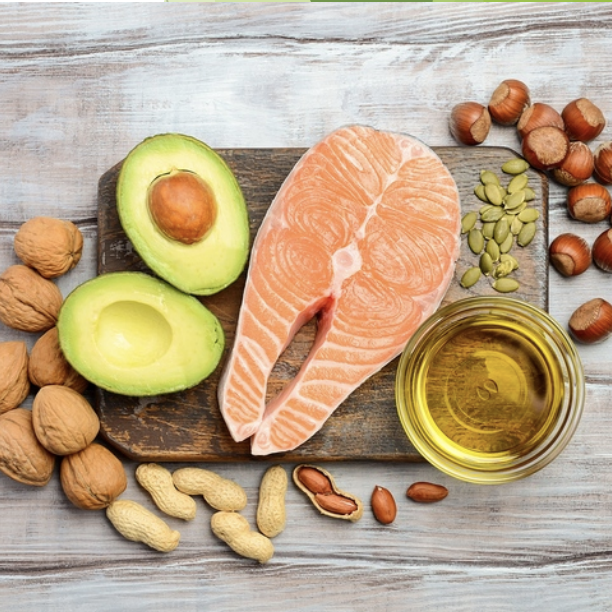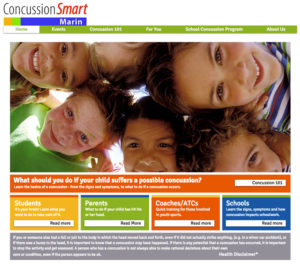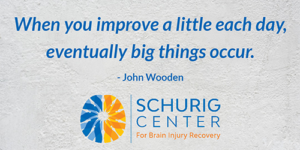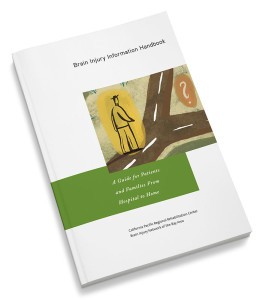 Good nutrition is important for maintenance of mental and physical health. But, nutrition is particularly important when recovering from physical trauma, such as concussion. When an injury, like a concussion, occurs the brain requires extra energy in the form of nutrition to heal the injury.
Good nutrition is important for maintenance of mental and physical health. But, nutrition is particularly important when recovering from physical trauma, such as concussion. When an injury, like a concussion, occurs the brain requires extra energy in the form of nutrition to heal the injury.
For a helpful introduction about nutrition to support the recovery process after concussion, Schurig Center invites you to view a guide from the ThinkSmart! Concussion Management Program of St. Charles Hospital in New York called “Nutritional Role in Concussion Management & Recovery.”
For additional concussion education, check out… ConcussionSmart Marin
Helping to Keep Marin’s Students & Youth Athletes Safe
 In response to the growing concern over the effects of youth concussions, Schurig Center has partnered with other community organizations to form ConcussionSmart Marin – a coalition to design and implement uniform county-wide protocols for educating, reporting and treating concussions among Marin’s students and youth athletes.
In response to the growing concern over the effects of youth concussions, Schurig Center has partnered with other community organizations to form ConcussionSmart Marin – a coalition to design and implement uniform county-wide protocols for educating, reporting and treating concussions among Marin’s students and youth athletes.
ConcussionSmart Marin’s website, ConcussionSmartMarin.org, is a user-friendly information portal providing education about concussions, treatment options, videos, and online training courses for coaches.
The goal of the site is to improve identification of concussions and assist students, parents, teachers, coaches and medical professionals in the evaluation and management process. Coaches can access online training courses established in new California concussion laws, AB25 and AB1451. In addition, parents can obtain information and a list of valuable questions they can ask their doctor if a child is suspected or has sustained a concussion.
In addition to Schurig Center, ConcussionSmart Marin’s members include:
Kaiser Permanente, The Marin Athletic Foundation, Marin County Office of Education, Marin County School Nurses, Marin County Health and Human Services, Marin General Hospital, Novato Community Hospital, and Certified Athletic Trainers.



